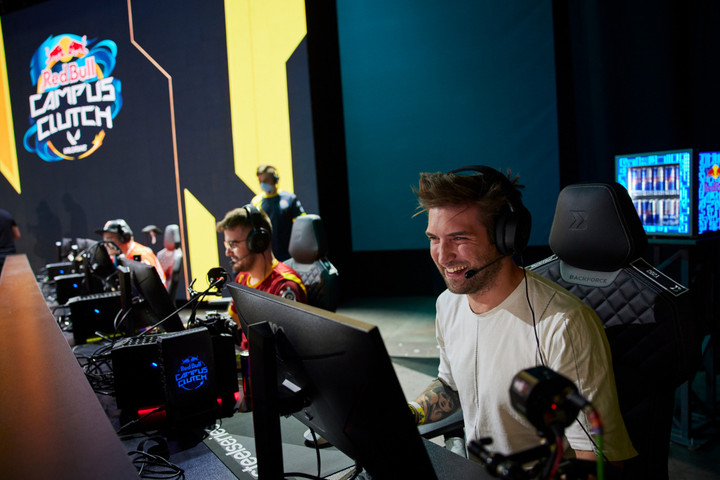If you geek out on Valorant -- on the level of wondering how a 100 credit increase to Sage’s wall could affect the post-plant meta or the permutations of adding more agents to the game -- as I do, then you know how lucky I was to sit down and talk to Jakub "Lothar" Szygulski.
A mainstay on the European Valorant Champions Tour broadcasts, Lothar sets himself apart with his insightful commentary and breakdown of play, a feat more pronounced still as the language of the esport has barely developed.
You can almost see Lothar’s brain working overtime on the cast, not in a way that suggests he’s scrambling for meaning, but instead that he must choose his words wisely, the learnings of each round cross-referenced with not just what has come before, but also what could come after. In another game, another map, another selection of agents. Lothar looks off-camera, his eyes narrow, then he explains how the last round's use of Jett’s smokes is a meta shift, or how Skye’s last buff has moved her from being an Initiator to a Duelist. His background as a competitive Hearthstone player provides the analytical framework; a deck in play, hands to be dealt, the proverbial trick up the sleeve.
That’s not to say that Lothar isn’t appreciative of a player's raw skill, an early brush with one of the best in the world left Lothar in no doubt that player skill trumps all in Valorant.
“I remember when I played in the first Twitch Rivals,” recounts Lothar. “I played against this Turkish team and there was this guy called cNed…” He leaves the name to hang like Jett’s Cloudburst, admitting that when he came up against him, he was convinced cNed was either cheating or the best player in the world.
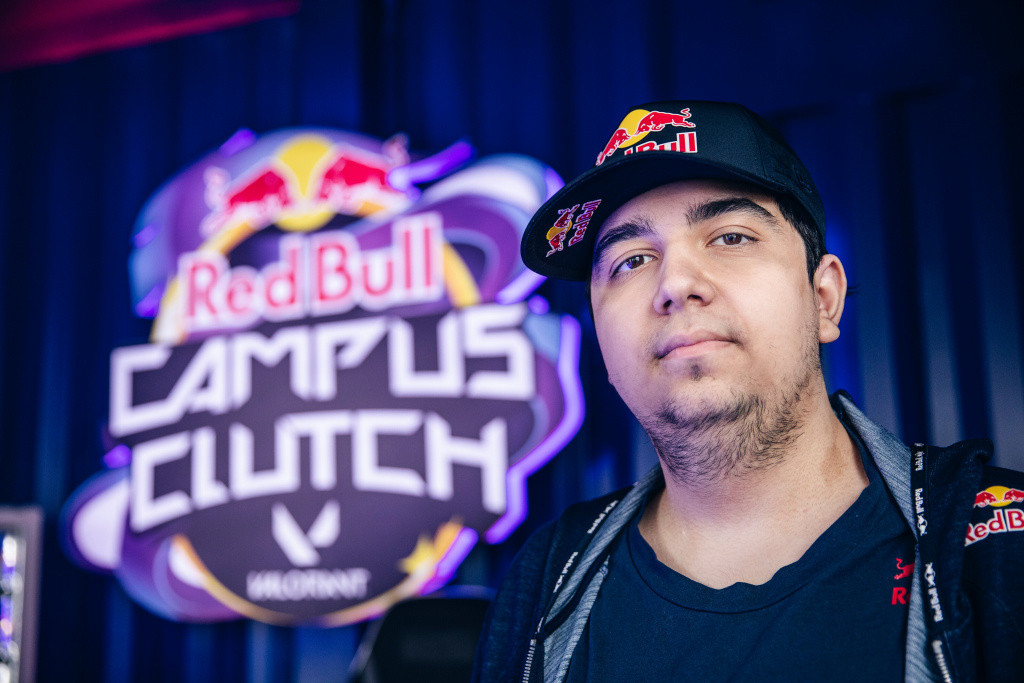
And what makes cNed stand out? “There are a lot of Jett players that are insanely talented, but they don’t really play well off other people,” explains Lothar. “And cNed and his team work in tandem. It moves like a machine.”
Of course, we know cNed’s story and -- in Europe, at least -- he has few equals but it doesn’t take long for the conversation to swing back round to agents, the meta, and the less tangible aspects of the game.
Like the ‘issue’ with Jett -- which came up time and again from the players at Red Bull Campus Clutch which Lothar was attending in his capacity as a caster - there were some that wanted to see new agents added that mirrored her abilities, namely her Tailwind aka dash. Those that want her nerfed, and others who would rather see the back of her entirely.
Speaking to Lothar, you get the impression that he has thought through all three solutions to their inevitable endpoint.
“Jett will be the highest picked agent, on most maps, for the majority of the time and she will be picked because there is no one else with a similar kit,” explains Lothar.
Introducing another agent with similar abilities to Jett would just mean that, instead of acting as some self-stabilizing force, every team would simply pick two dash capable agents - a testament to the strength of the ability.
“A team with two 'Jetts' would just be insanely oppressive, you could just dash in with two players and you have no way of defending. Every single attack would be a retake as defenders would have to play very deep on the site.”
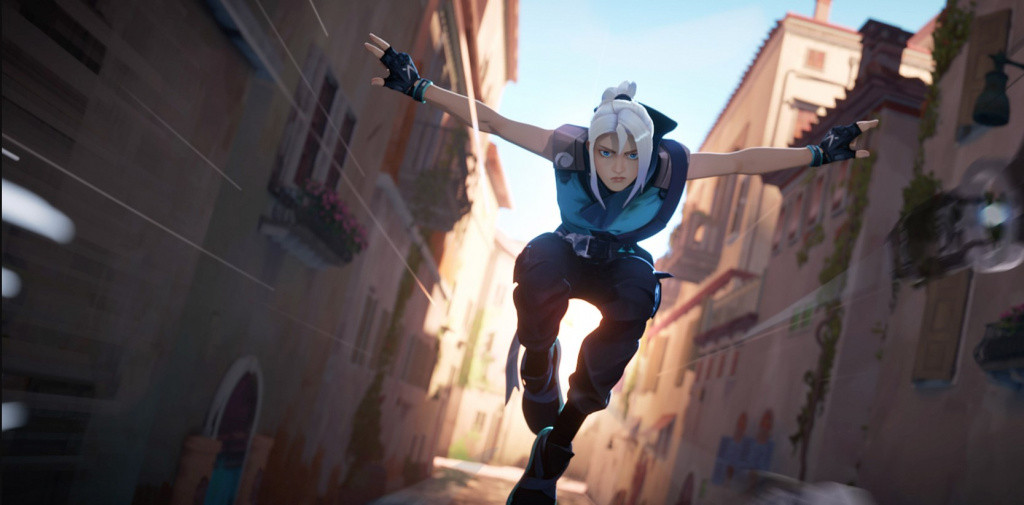
“And on defence, you would have two players who would have a get out of jail free card.”
Lothar doesn’t think the developers are in an enviable position. He remembers a time, early in the beta, when he felt Jett would be “useless” and yet here we are. The line between over or underpowered in Valorant is thinner than a Phoenix wall.
Lothar uses the maligned Yoru as an example: “His kit is fantastic. As an idea, I love it. But there is a thin line between him being weak and him being overpowered and if you break that line, everything flips and suddenly Yoru will be the most picked agent.”
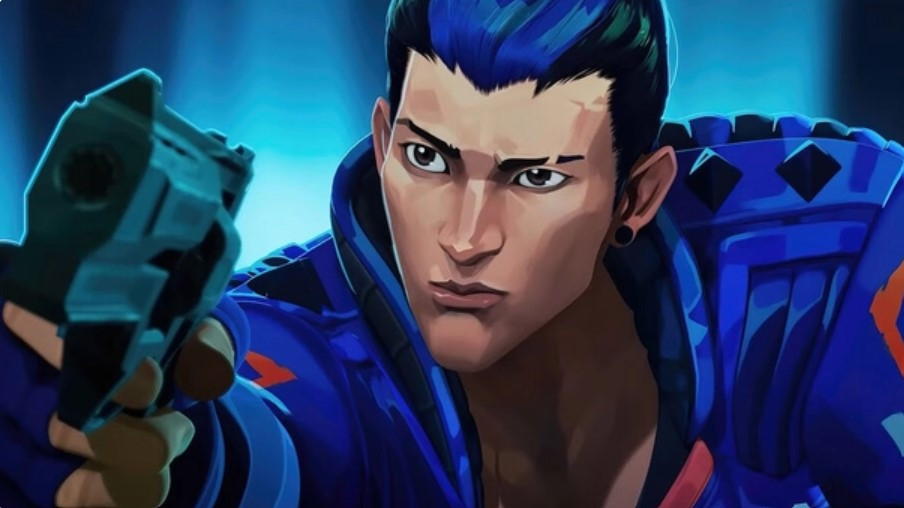
Jett isn’t the only player in Valorant that has a get out of jail free card, though she may be the only one who has played it so far.
Many feel a pick and ban system, like that seen in League of Legends would be a good move, and Riot has suggested such a system could be implemented further down the line. And though it seems ways down the road, it does have the potential to blunt the sharp edges of a meta that could spin wildly out of control.
Lothar is unequivocal on such a system. "I don’t think a ‘pick and ban’ system would work.”
“It’s not the same as in League of Legends where you have a set role, which is similar for whatever champion you play but you're still on ‘top’, you're still playing ‘bottom’, ‘support’ and so on."
"And you have only one map,” explains Lothar.
That is in stark contrast to Valorant where “you play differently because of the map, because of the agent, and because of your role.”
Lothar feels that all players will come to master two agents and any move to ban them would only lower the quality of play, though it comes as no surprise that he feels there is an area of strategic play not yet unlocked in Riot Game’s tactical shooter.
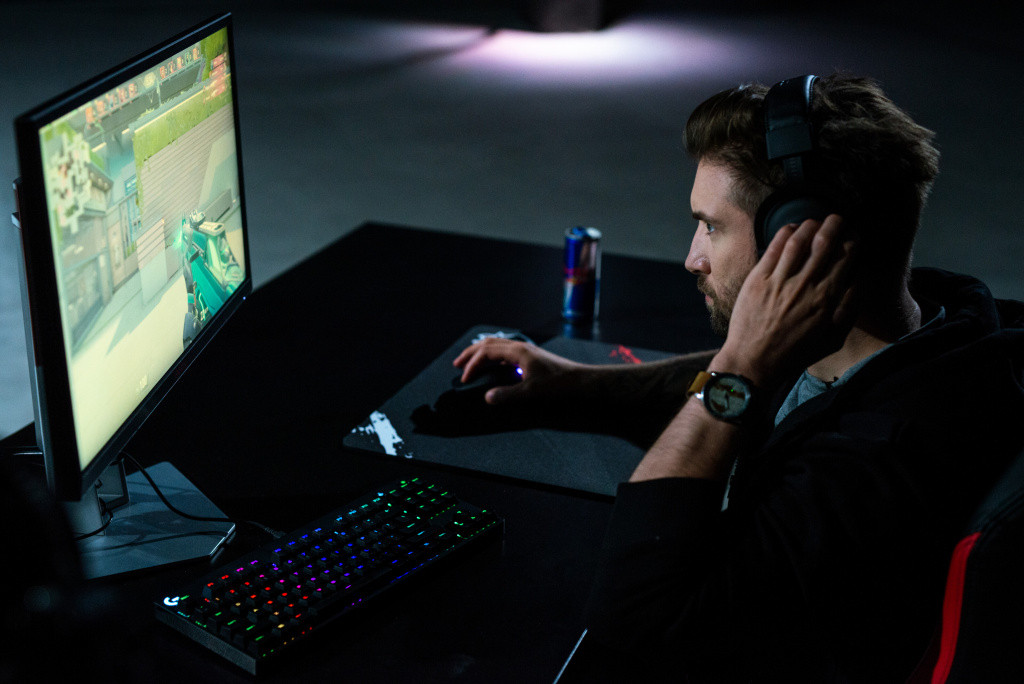
“We need a ‘pick-phase’” suggests Lothar. A system that would see teams take turns picking agents rather than the current free-for-all. “Opponents could react and that could create another layer of strategy. Especially further down the line, for example, Jett can now be countered with Tripwires, so maybe Cypher would be a better choice rather than Killjoy. If the other team isn’t playing with any smokes, maybe you would opt for more flashes.”
Lothar feels the developers shouldn’t wait to play that hand, “even though it might not affect teams right now, it could influence them to think in that way. The longer the developers wait to introduce that, the less impact it will have.”
Lothar was speaking to GinxTV at the Red Bull Campus Clutch, held in Madrid. The tournament saw 12 teams of university students compete for €20,000 with Anubis Gaming of Egypt coming out on top.
Featured image courtesy of Gianfranco Tripodo / Red Bull Content Pool.

 No ads, our video library,
No ads, our video library,
